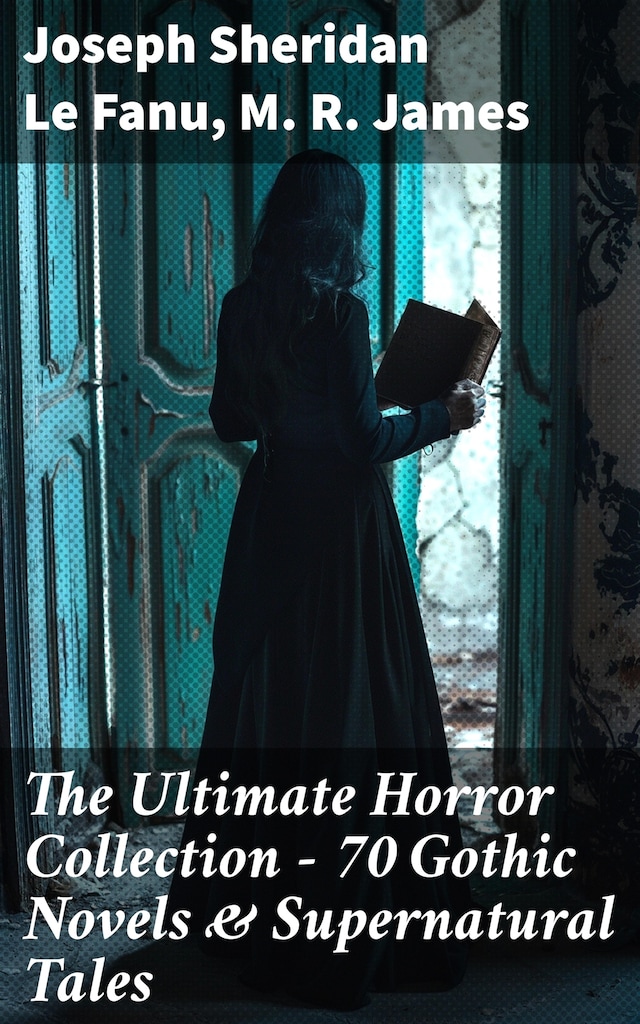
The Ultimate Horror Collection - 70 Gothic Novels & Supernatural Tales
Journeys Through Gothic Shadows: A Compilation of Macabre Elegant Tales

